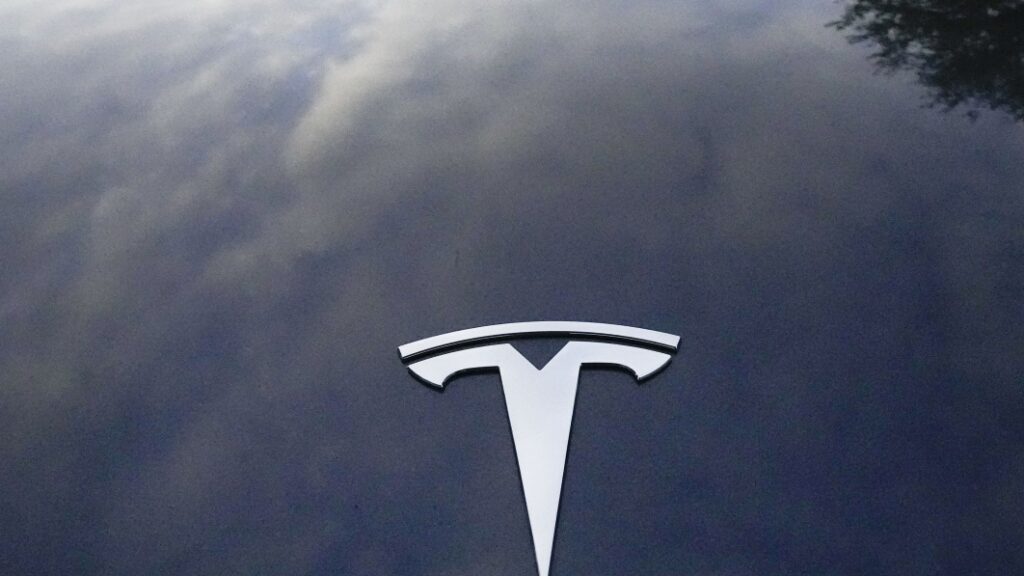Tesla wins fatal Autopilot crash jury trial

A jury on Tuesday handed Tesla another win after siding with the automaker over allegations that its Autopilot advanced driver assistance system led to a death.
The case, which was being tried in the Superior Court of California, County of Riverside, was filed by two passengers who survived a 2019 crash and alleged that Tesla knew its product was defective. The two survivors sought $400 million in damages for the loss of the driver’s life, physical injury and mental anguish.
Tesla argued the crash, which resulted in the death of the driver Micah Lee, was the result of human error — the same stance it’s taken in other Autopilot lawsuits.
While Tesla has won other lawsuits, including a California jury trial earlier this year that determined the automaker’s Autopilot system was not to blame for a 2019 crash. In that case, the jury awarded no damages to Los Angeles resident Justine Hsu, who sued Tesla in 2020 alleging negligence, fraud and breach of contract. The Molander v. Tesla case that wrapped up Tuesday was the first jury trial involving a fatality.
Tesla still faces a number of other lawsuits in California, including a wrongful death suit that was filed by the family of Walter Huang, an Apple engineer who died after his Tesla Model X with Autopilot engaged crashed into a highway median. The State of California Department of Transportation is also named in the lawsuit. That wrongful death lawsuit, filed in California Superior Court, County of Santa Clara, alleges that errors by Tesla’s Autopilot driver assistance system caused the crash that killed Huang on March 23, 2018. Huang, who was 38, died when his 2017 Tesla Model X hit a highway barrier on Highway 101 in Mountain View, Calif. A jury trial is expected to begin next year in that case.
Tesla is also facing scrutiny from federal and state regulators, all of which are related to Autopilot and its upgraded version known as Full Self-Driving.
Tesla vehicles come standard with a driver-assistance system branded as Autopilot. For a $6,000 upgrade, owners can purchase Enhanced Autopilot, which includes several other features, including an active guidance system that navigates a car from a highway on-ramp to off-ramp, including interchanges and making lane changes.
For an additional $12,000, owners can buy “full self-driving,” or FSD — a feature that CEO Elon Musk has promised for years will one day deliver full autonomous driving capabilities.
Tesla vehicles are not self-driving. Instead, FSD includes a number of automated driving features that still require the driver to be ready to take control at all times. It includes everything in Enhanced Autopilot and is supposed to handle steering on city streets and recognize and react to traffic lights and stop signs.



